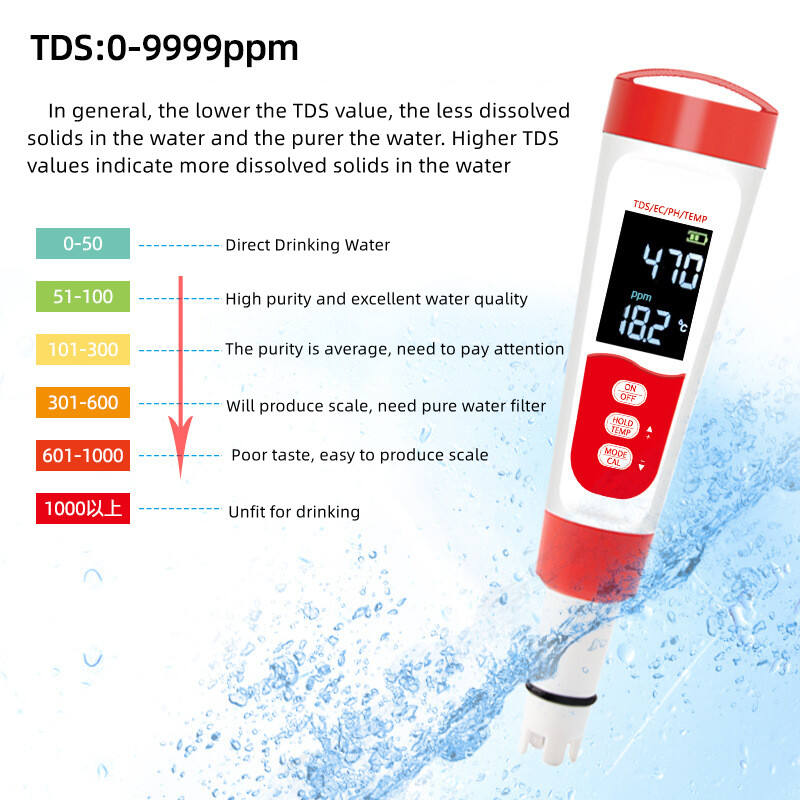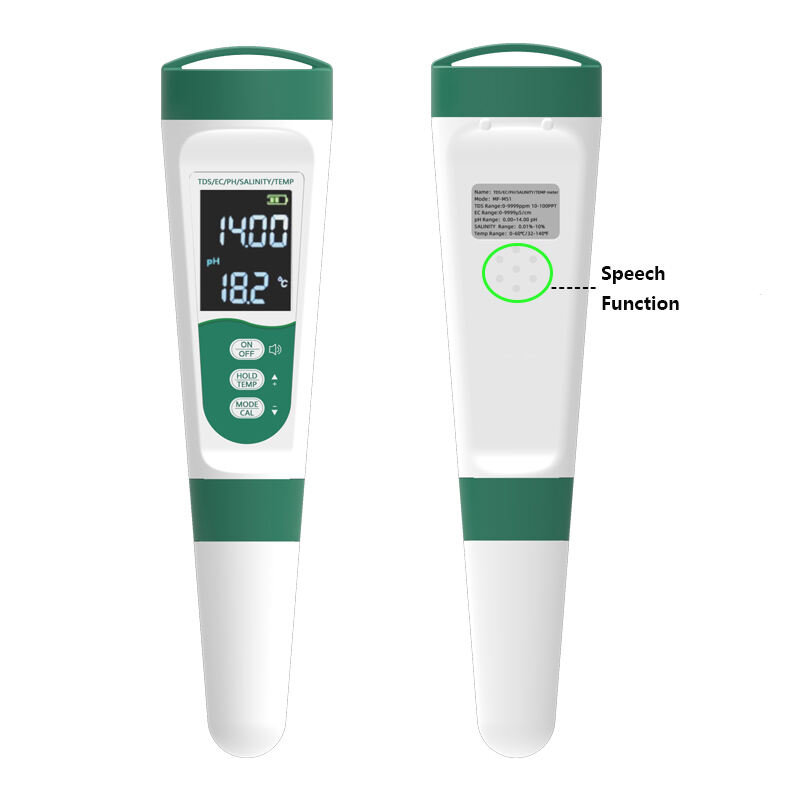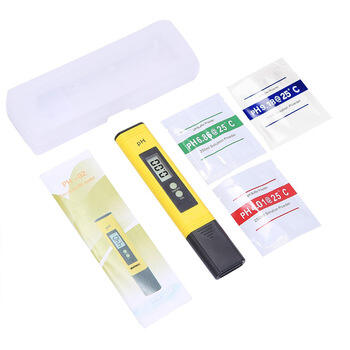ph meter for liquids
A pH meter for liquids is an essential analytical instrument designed to measure the acidity or alkalinity of solutions with precision and reliability. This sophisticated device combines advanced sensor technology with digital processing capabilities to provide accurate pH readings across a wide range of applications. The instrument typically consists of a specialized electrode that responds to hydrogen ion activity in liquid solutions, connected to a high-precision digital display unit. Modern pH meters for liquids incorporate temperature compensation features, ensuring accurate readings across varying environmental conditions. These devices often include automatic calibration capabilities, multiple measurement modes, and data logging functionality for comprehensive analysis. The measuring range typically spans from 0 to 14 pH units, with resolution capabilities as precise as 0.01 pH units. Professional-grade meters include additional features such as ion-selective measurements, oxidation-reduction potential (ORP) monitoring, and connectivity options for data transfer. The robust construction of these instruments makes them suitable for both laboratory and field applications, while their user-friendly interface ensures accessibility for both experts and novice users. The technology behind these meters continues to evolve, with newer models incorporating smart features like automatic electrode diagnosis, wireless connectivity, and cloud-based data management.


